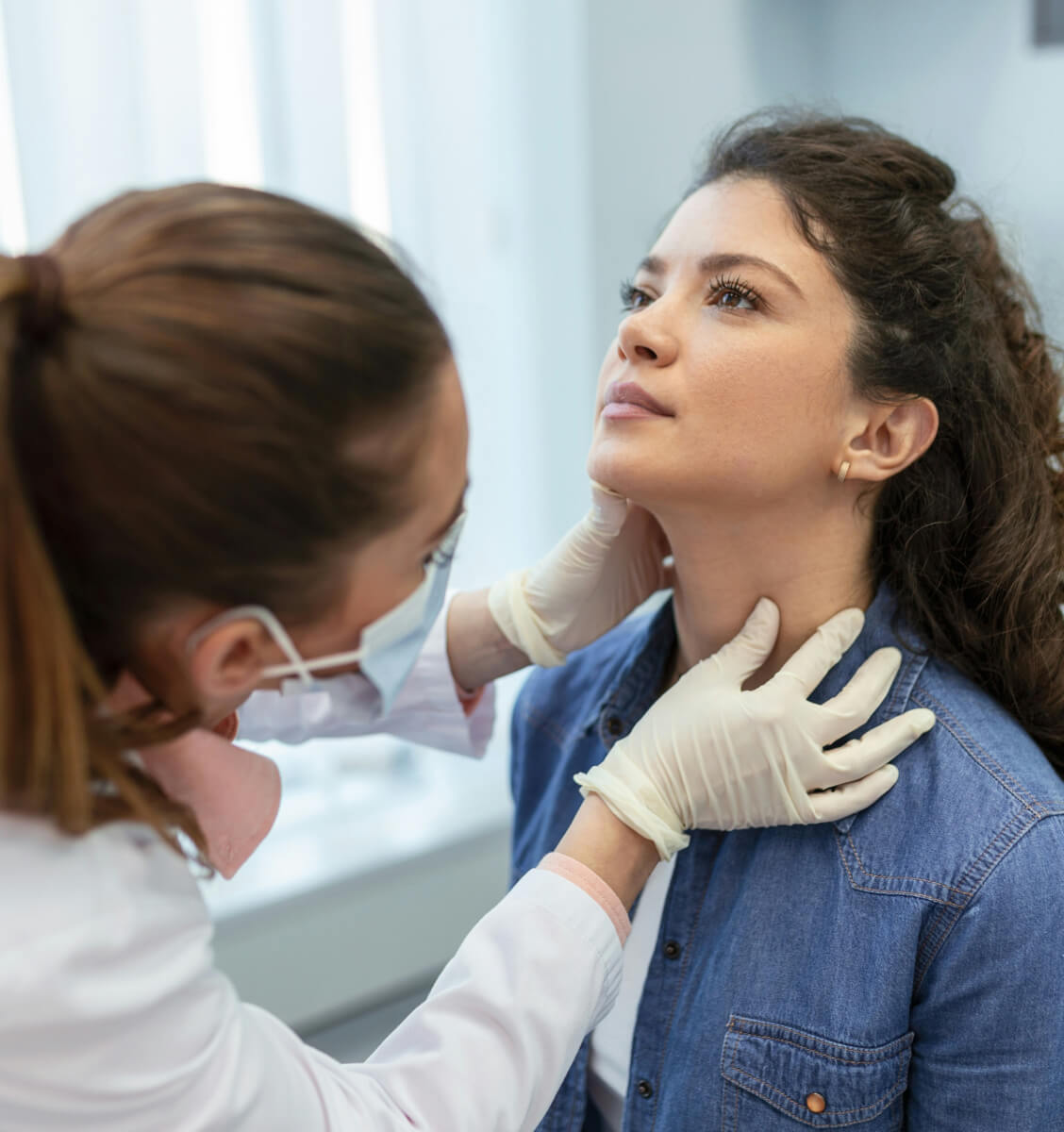January 27, 2025
Mucosal Melanoma Diagnosis
How is Mucosal Melanoma Diagnosed?
Mucosal melanoma is hard to detect because it starts in hidden areas like the nose, mouth, rectum or vagina. Symptoms are often mistaken for more common problems such as hemorrhoids or sinus issues or may not appear until the cancer is more advanced.
It is rare, complex and can behave differently than skin melanoma. Each case is unique, so it is important to get care from a team experienced in treating rare melanomas.

Signs & Symptoms of Mucosal Melanoma
Because symptoms can vary depending on where the cancer begins, here are a few signs that may suggest something is wrong. If you notice any of the following, talk to your doctor:
- A new or unusual spot, lump or sore in your mouth or nasal passages
- Sores that don’t heal
- Persistent nasal blockage, congestion or nosebleeds
- Unexplained bleeding from the rectum or vagina
- Vaginal discharge that changes in color, amount of odor or ongoing pain or itching
- Hemorrhoids that don’t go away or seem to get worse
- Pain or discomfort during a bowel movement
- Changes in bowel habits without a clear cause
- Unexplained weight loss or fatigue
These symptoms don’t always mean cancer, but it’s best to get checked if anything feels off or lingers.
Have You Been Diagnosed with Mucosal Melanoma?
It’s completely natural to feel overwhelmed after a mucosal melanoma diagnosis, but you are not alone in this. While this type of melanoma is rare, there are treatments, experts and supportive resources to help you every step of the way.
Learning about your diagnosis and options can give you a greater sense of control. In this section, you’ll find clear, trustworthy information and suggested questions to ask your doctor so you can feel prepared, supported and never without guidance.




